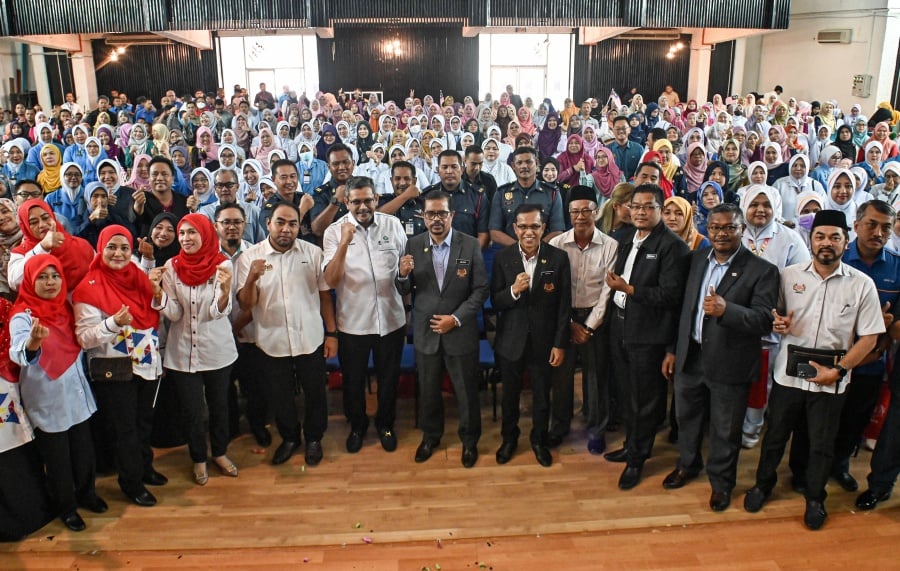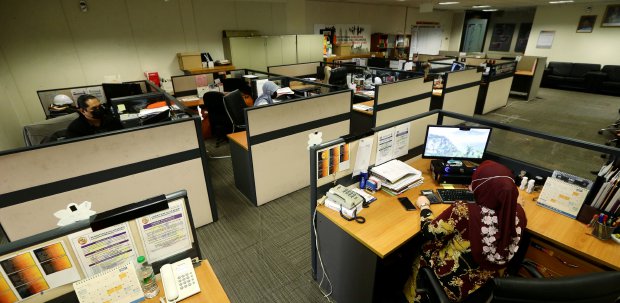The Congress of Unions of Employees in the Public and Civil Services (Cuepacs) has begun the year with a rich request: salary increment.
In fact, as December was winding last year down, the congress called on the government for the same.
Ditto February, April, July, August, September. No year has seen a salary solicitation like this. Expect more of the same.
Don't get us wrong. We aren't against salary revision for civil servants. What with the cost of living crisis shrinking the ringgit. By all means do so, but only after helping the government deliver.
Take the private sector. There, it is pay for performance, which is a very just thing to do. After all, it is a world of revenues and rewards.
No, we are not calling for the public service to be privatised. That will be like reinventing Margaret Thatcher's market mania. Far from it. Replication of its performance culture is good enough.
Here is a truism. The government can only deliver if its workforce — civil servants — deliver. Public service delivery has been a flaming issue for the longest time. A congress of civil servants must surely know this.
Cuepacs will advance the cause of its members better by helping them excel at service delivery rather than focusing overly on salary and perks.
Forgive the pun, both must be earned. We see at least two areas that Cuepacs can help the government. One is in its fight against corruption. And the other is making its members excel at their work.
Begin with corruption, a scourge that stands in the way of civil servants salary review.
Last year, Emir Research, a think tank, disclosed that Malaysia might have lost as much as RM4.5 trillion in 26 years due to corruption and leakages in the public services. Sadly, it may turn out to be just the tip of the iceberg.
The actual figure may make the nation's sob story more teary. Zooming into one public service which has been in the corruption spotlight lately — the Customs Department — reveals that the think tank's estimate might have been way low.
In 2011, its then director-general said it lost RM2.2 billion to corruption. Here is worse. He then went on to say that it is within the "normal" amount recorded in developed countries.
Want a corruption breeder of an attitude? You just got one. Such thinking creates just too many holes in the civil service that even a strainer will blush. Cuepacs should help get rid of the holes first, then ask for a raise.
Civil servants' performance, our second point, has long been a hot topic of public debate. To many, a workforce of 1.62 million is too many. It wouldn't be so if it didn't lumber so ponderously.
Phone calls are almost always unanswered, and if they are at all, the callers are told that the service is fully digital.
There is a reason for the calls: the digitalisation isn't working. If this isn't enough, there is another nagging nonsense at work. Email enquiries without fail come back with a standard reply: we will respond in one week.
Cuepacs knows its 1.2 million members can help bring a change to the civil service. If it gets them to make the change, Cuepacs would have made its members earn the raise.





